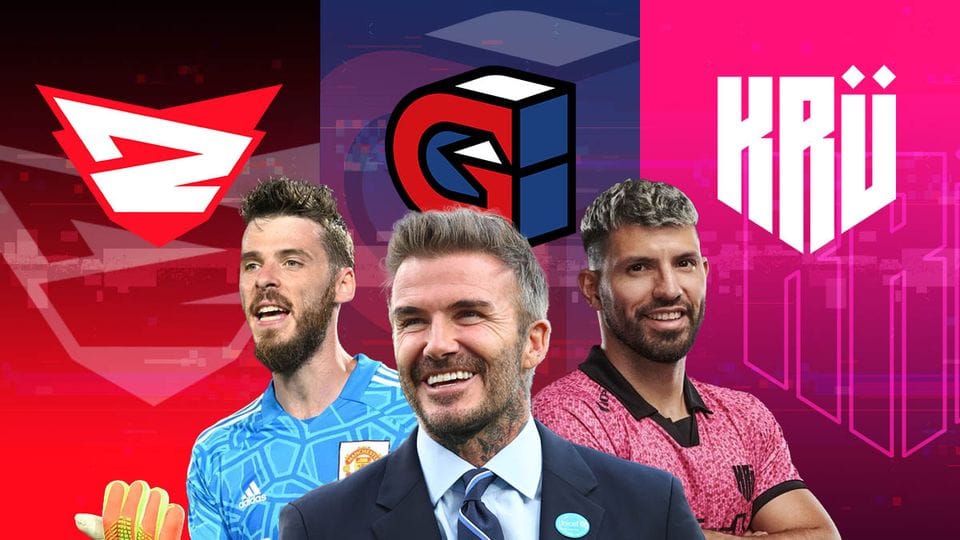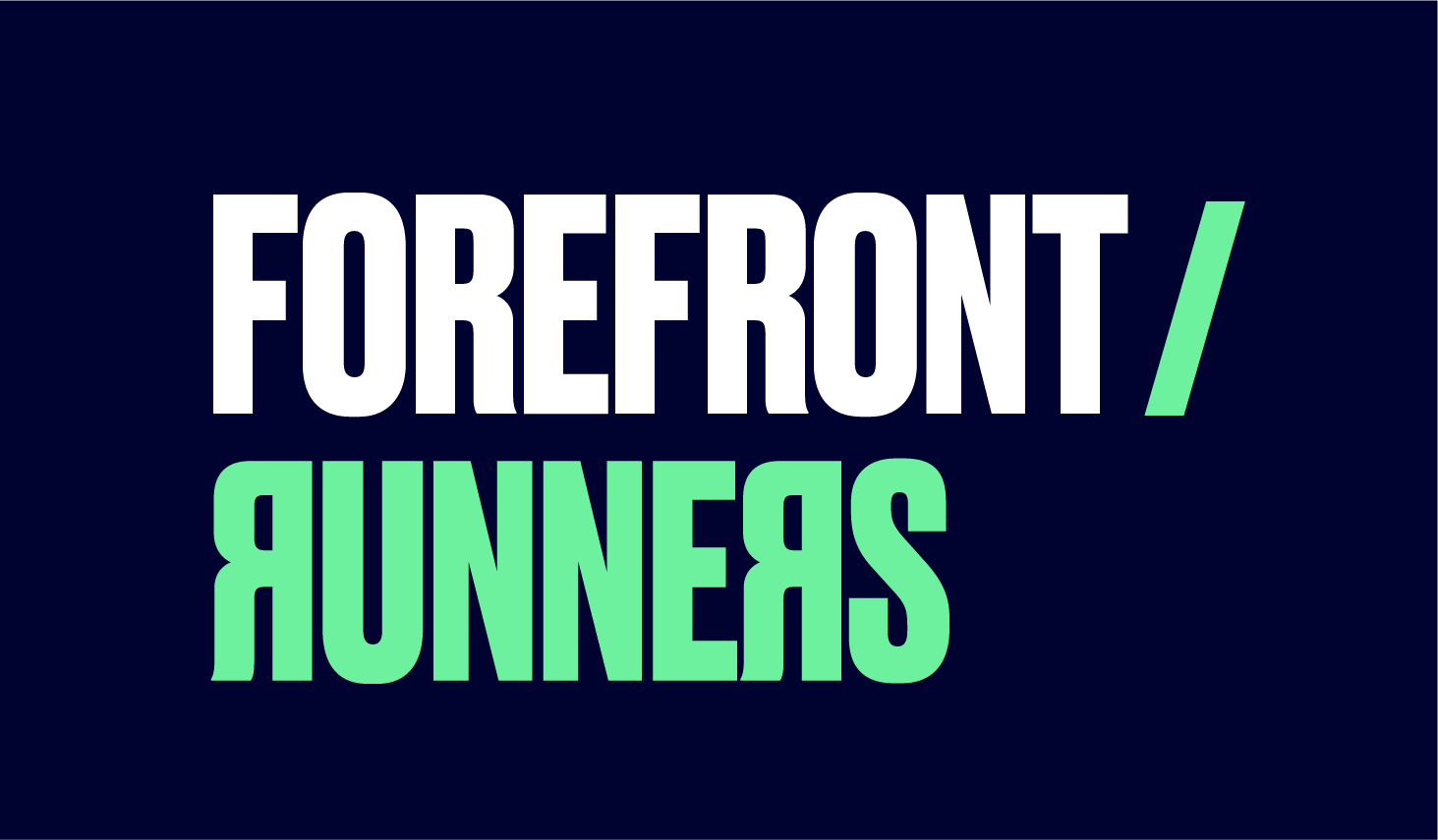Footballers Investing in Esports: Merging Two Competitive Worlds.

In recent years, esports has exploded into one of the world’s fastest-growing industries. With revenues projected to reach $5.9 billion by 2029, it’s no surprise that athletes, especially footballers, are getting involved. These stars, known for their prowess on the pitch, are now turning their attention to competitive gaming, either by playing themselves or investing in esports organizations. Footballers are taking advantage of this booming sector, recognizing the parallels between the mental agility, strategy, and competitive spirit required in both football and esports.
Why Esports?
Esports, once a niche market, has rapidly evolved into a global phenomenon. It's no longer just about casual gaming; it now mirrors the structure and professionalism of traditional sports leagues. Top-tier esports teams compete in games like FIFA, League of Legends, and Counter-Strike: Global Offensive (CS: GO), drawing millions of viewers and offering substantial prize pools. For footballers, investing in esports provides an opportunity to diversify their portfolios and capitalize on the industry’s massive growth potential.
But it’s more than just a financial play. Many footballers, including Diogo Jota, David Beckham, and Sergio Agüero, have a genuine passion for gaming, which further fuels their involvement in esports. Jota, for instance, is not only a top Liverpool forward but also a world-ranked FIFA player. He’s even been ranked No. 1 in FIFA’s Ultimate Team mode, demonstrating that the skills he honed on the virtual pitch are almost as impressive as his real-life talent.
Footballers Who Have Invested in Esports
David Beckham
David Beckham, a football legend known for his brand power, co-founded Guild Esports in 2020. Guild Esports has quickly gained prominence, with professional teams in games like Rocket League, CS: GO, and FIFA. Beckham's involvement is more than just financial; his global appeal adds significant value to the brand, helping secure sponsorships and visibility. Much like his investments in Major League Soccer (MLS), Beckham is a strategic investor, recognizing that esports is an industry with long-term growth prospects.
Sergio Agüero
Former Manchester City star Sergio Agüero made headlines not just for his achievements on the field, but for his entrepreneurial moves in esports. In 2020, Agüero founded KRÜ Esports, a team focused on discovering and nurturing talent in Argentina. Agüero’s passion for gaming — especially on Twitch — drove him to create KRÜ, which has since become a major player in the Valorant esports scene. Agüero also attracted global attention when Lionel Messi, his former teammate, joined KRÜ as a partner, helping expand its reach and visibility.
Diogo Jota
Diogo Jota’s love for gaming is well-documented. He’s not only a forward for Liverpool but also a dominant player in the FIFA esports world. Jota’s esports team, Luna Galaxy (formerly Diogo Jota Esports), has made over $450,000 in tournament earnings and boasts more than 90,000 social media followers. His seamless crossover between football and esports serves as an example for athletes looking to expand into gaming while still playing professionally.
Casemiro
The Manchester United midfielder Casemiro founded Case Esports in 2020, primarily focusing on CS: GO. Casemiro’s commitment to the esports world goes beyond simple investment; he's an avid gamer himself, often streaming his gameplay on Twitch. His team has earned over $111,000 from tournaments, showing that his involvement is more than a vanity project—it’s a serious business venture.
Virgil van Dijk
Liverpool’s defensive rock, Virgil van Dijk, took the plunge into esports by investing in Tundra Esports in 2022. Tundra, a London-based team, has found great success in games like Dota 2 and FIFA. Like Beckham, Van Dijk opted for the "Real Madrid route," investing in an already established esports organization, bringing his brand power to boost their visibility and credibility.
What’s Driving Footballers into Esports?
Several factors are pushing footballers toward esports. For one, there’s a clear cultural overlap. Many professional footballers grew up playing video games, so entering esports is a natural progression. Games like FIFA mimic their day jobs, while others, like CS: GO and Fortnite, offer a different kind of competitive thrill. Moreover, esports offers footballers a way to build a brand outside of football, connecting with a younger, tech-savvy audience.
Additionally, footballers have seen the financial potential. Sponsorship deals, tournament prize pools, and advertising revenues from streaming platforms like Twitch make esports a lucrative industry. For example, Beckham’s Guild Esports team reportedly earned him over £15 million from sponsorships in just five years.
Footballers Creating Their Own Esports Teams
While some players, like Van Dijk and Beckham, invest in established teams, others opt to build their own esports organizations from the ground up. This path can be riskier but also offers the potential for higher rewards.
For instance, Jesse Lingard, the former Manchester United midfielder, created JLINGZ Esports, leveraging his own clothing brand name to compete in games like FIFA, Halo, and Rainbow Six Siege. Similarly, David de Gea, another ex-Manchester United star, launched Rebels Gaming, which has attracted the support of former teammates like Bruno Fernandes and Juan Mata.
These footballers are not just investors; they’re hands-on owners, leveraging their fame and connections to grow their brands. De Gea’s team, for example, competes in major esports events and has partnered with some of his former Manchester United colleagues to boost visibility.
What Does the Future Hold?
As esports continues to grow, we can expect more athletes to dive into this world, either as players or investors. Footballers are already among the most marketable athletes globally, and their presence in esports only enhances their brand appeal.
However, success in esports isn't guaranteed. As Philippe Adam, the CFO of G2 Esports, notes, "Anyone can start a team, but there’s a massive barrier to actually being successful." While streaming can be relatively inexpensive, building a top-tier esports organization requires significant investment in infrastructure, player salaries, and marketing.
That said, for footballers like Neymar, who is already heavily invested in gaming culture, esports represents a natural post-football career path. With his genuine love for Counter-Strike and ongoing participation in esports events, Neymar is positioning himself as a player who could transition seamlessly into esports when his footballing days are over.
Conclusion
The intersection of football and esports is more than a trend — it’s a burgeoning industry. As esports continues its rapid expansion, footballers are recognizing the opportunity to get involved, whether by creating their own teams, investing in established organizations, or simply leveraging their social media presence. With the backing of global football icons like Beckham, Jota, and Agüero, esports is poised to grow even further, blending the worlds of digital and physical competition. For athlete investors and entrepreneurs, this represents not just a passion but a serious business opportunity.
